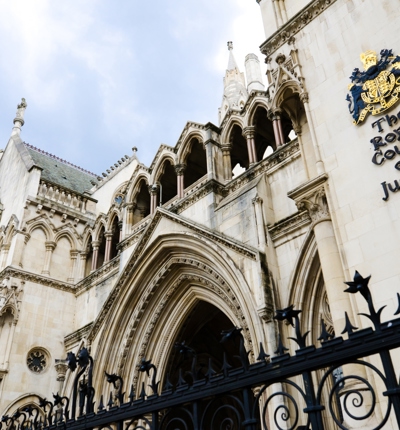
Law firms call for review of judicial review process to be genuine, fair and inclusive
A group of five law firms has written to the Lord Chancellor and Justice Secretary, Robert Buckland, to voice concerns about the review of public law announced in July.
Posted on 15 September 2020
Fundamental elements of the British constitution are to be reviewed by a panel appointed by the government, with a view to reform.
However, law firms Leigh Day, Bindmans, Irwin Mitchell, Bhatt Murphy and Deighton Pierce Glynn (DPG), say that without an open call for evidence early in the process, it will not be possible for the review to be genuine and fair.
Important evidence and empirical data may be missed, and therefore the panel’s conclusions flawed.
Following the letter, the panel has now invited interested parties to respond to the review. However, issues still remain.
In its letter sent last week, the group says:
“Given the incredibly wide range of factors that the Panel will have to consider, and the potentially major constitutional change that such reforms could bring about if adopted, those options must be subject to a full and proper consultation at a formative stage.”
The lawyers also voiced concern that the panel members “are not fully representative of those concerned about the future of judicial review”.
They have called on the government to consider expanding the panel to include practising lawyers with expertise in claimant law public law litigation and legal aid funded judicial review work so that the call for evidence will be better scrutinised.
Announcing the review in July, the government said the panel of experts, chaired by Lord Edward Faulks QC, would examine if there is a need to reform the judicial review process.
It said the review is part of the government’s plans to ensure the right balance is struck between citizens’ rights to challenge executive decisions and effective governance.
It claims to deliver on a manifesto pledge to ensure that the judicial review process is not open to abuse or politicking and has tasked the panel with considering whether the terms of judicial review should be written into law and determining the grounds and remedies which should be available in claims against the government.
It says the data and evidence it will consider will include relevant case law.
However, in a joint statement the law firms said:
“For such a review to be credible, its terms need to be widened significantly, and the membership of the panel needs to more fully reflect the legal body that carries out judicial review work. If it is not, then any premise underlying this review, that judicial review is routinely abused by claimants, may go uncorrected.”

